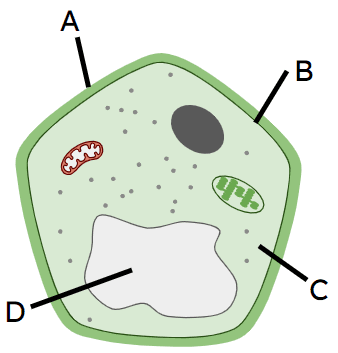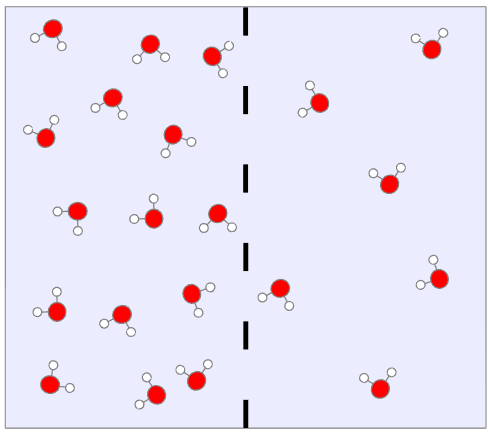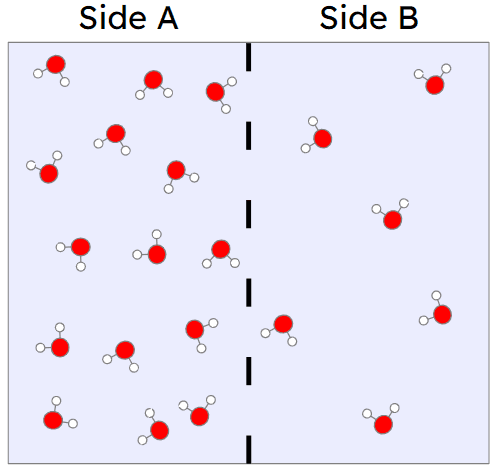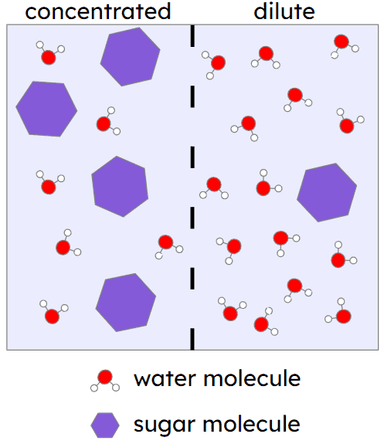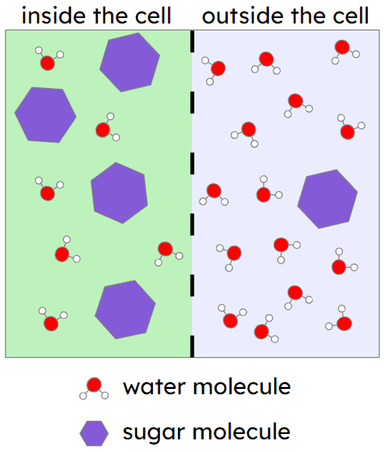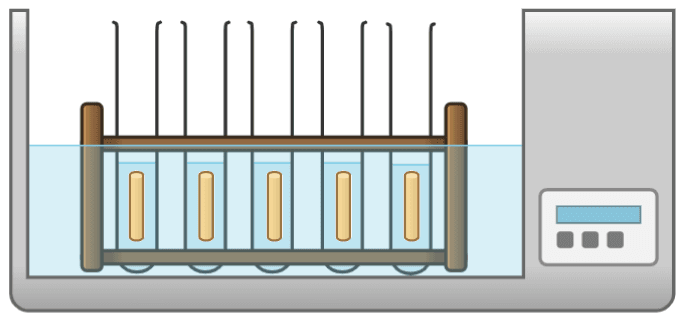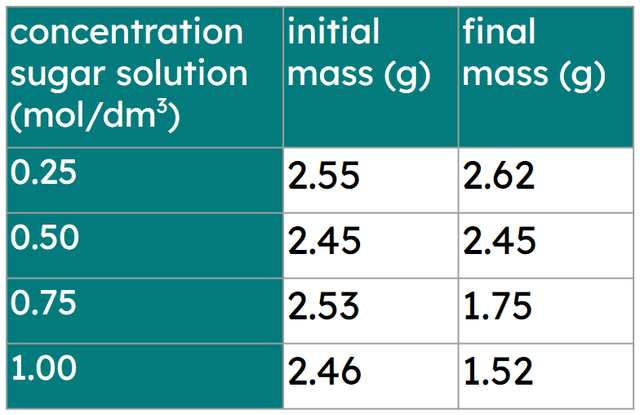New
New
Year 11
AQA
Foundation
Effect of osmosis and sugar concentration on the mass of plant tissue: practical
I can carry out an investigation into the effect of sugar solution concentration on the mass of fresh potato tissue.
New
New
Year 11
AQA
Foundation
Effect of osmosis and sugar concentration on the mass of plant tissue: practical
I can carry out an investigation into the effect of sugar solution concentration on the mass of fresh potato tissue.
These resources will be removed by end of Summer Term 2025.
Switch to our new teaching resources now - designed by teachers and leading subject experts, and tested in classrooms.
These resources were created for remote use during the pandemic and are not designed for classroom teaching.
Lesson details
Additional material
Download additional material




